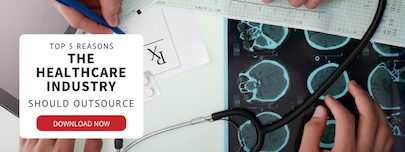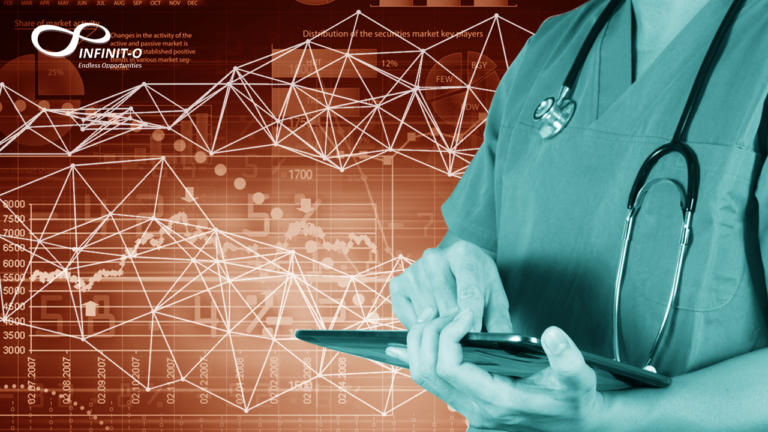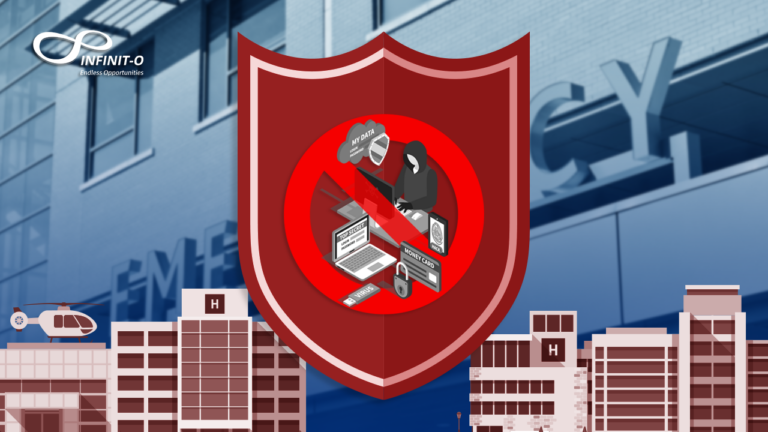What Benefits Can Hospitals Get from Healthcare Automation?
Even as automation has become part of our daily lives and an integral part of operations in various industries, it is still lagging significantly when it comes to healthcare. This is an issue that healthcare systems and organizations need to seriously consider as it is projected that the U.S nursing shortage will grow to 260,000 registered nurses by 2025 due to an aging population needing more health care, and staffing going into retirement, mainly the baby boomers. Add to the mix the consistent need to reduce costs and eliminate redundancy and you have got one thing to seriously consider – applying automation to health care operations, from patient support services to tasks that require little cognitive value.
What are the benefits automation can give to the healthcare system?
1. Overall Savings on Time, Labor and Cost
Manually repetitive tasks can be automated to save on time, need for manual labor and subsequent costs for compensation (salary).
2. Improvement on Quality and Consistency
Human error and fatigue are significantly reduced with automation. A hospital study revealed that automation in the areas of medical records, order entry and decision support have appeared to reduce deaths, complications and cost.
3. Better for Population Health
Healthcare systems are now geared towards population health, an approach that aims to improve the health of an entire human population. And with this, the need to take things on a massive scale can only be done with automation. As the Institute of Health Technology Transformation reports, “Automation makes population health management feasible, scalable and sustainable.”
Let’s take for example the process of patient discharge and follow-up. Instead of having a long trail of paperwork to go through before getting discharged, automation speeds up this process. Efficiency is improved and follow-up is even better. When patients follow a standard care plan supported and monitored by automation, they are more likely to be consistent with their actions. Plus monitoring is also faster with automation. Health care providers can see patients that have deviated from their care plans and intervene as necessary. It also can support things in a bigger scale. Automated platforms can be made to address groups of patients with similar needs or adjusted to cater to different groups.
4. Access to Insights Given by Data
Big data has been proven to help healthcare systems predict trends, improve performance and even prevent disease outbreaks. We wouldn’t be able to collect and analyze big data without automation.
Weighing in the Benefits of Applying Automation to Healthcare
There are those that are wary of applying automation to healthcare, saying that it will greatly affect human resources and undermine staffing skills and knowledge. This is far from the truth. Automating tasks that require little cognitive value can free up clinicians’ time for more higher-functioning roles that use their clinical expertise.
There are also those that rally that automation cannot replace human quality care given by health care professionals. And this is absolutely correct! However, applying automation to healthcare doesn’t mean it will eliminate the need for human care. The goal is to have automation inserted into operations and workflows to make health care delivery faster, more efficient and improve health care professionals’ productivity. With automation, doctors and nurses can reach out to more patients in a more efficient way, cutting necessary but repetitive tasks like paperwork. Quality care will be better delivered to a larger group of people with automating health care.
While the benefits of automation listed above can be significantly costly especially during the early deployment stages, health care systems can also choose to outsource to be able to save on costs but still be able to get quality processes and output. That way, the primary needs of reducing costs and improving efficiency are still met.








This site is protected by reCAPTCHA and the Google Privacy Policy and Terms of Service apply.